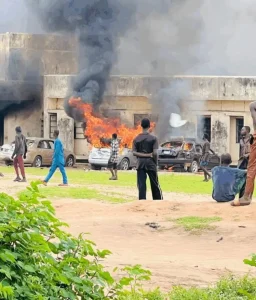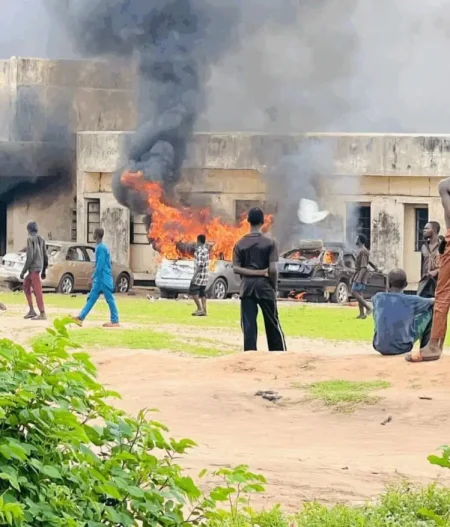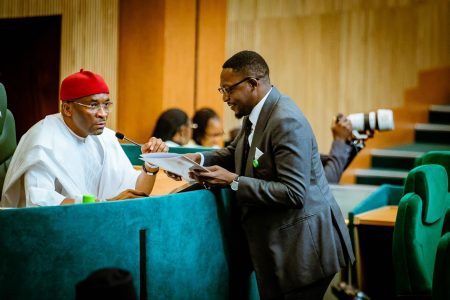Food prices in Kwara State have started to ease, and state officials say it’s no coincidence. According to the Commissioner for Agriculture and Rural Development, Dr. Afees Abolore Alabi, the drop reflects Governor AbdulRahman AbdulRazaq’s targeted investments in agriculture over the past few years.
Dr. Abolore made the remarks on Monday while speaking at the 9th Faculty of Agriculture Lecture at the University of Ilorin. The event, which explored the theme “Agriculture and National Security: The Nigerian Armed Forces in Perspective,” was attended by academics, security experts, and policymakers.
He said the state government’s continued support for farmers, involvement in joint agricultural programmes, and steady funding of rural projects have boosted productivity and helped ease the pressure on food prices.
“The governor’s backing for dry season farming has kept the supply chain moving, even outside the usual harvest periods,” Abolore said. “It’s helping not just with food security, but also putting money into the hands of farmers.”
He added that the government is upgrading existing irrigation infrastructure to support all-year-round farming—one of the key factors behind the current price relief being experienced in local markets.
Speaking in line with the event’s theme, Dr. Abolore also linked agricultural progress with stability and peace. “A society that eats well is more likely to remain peaceful,” he said. “That’s part of the reason we are doubling down on agriculture in Kwara.”
Kwara’s growing reputation as a hub for agribusiness, he noted, stems from its peaceful climate, cultural harmony, and strategic central location.
The keynote speaker, Major-General Bello Alhaji Tsoho—a University of Ilorin alumnus and agricultural expert—reinforced the message. He argued that food security should be treated as a national security priority, on par with defense.
“National security today isn’t just about guns and boots—it’s about ensuring people don’t go hungry,” Tsoho said. “When food is scarce, tensions rise. Economic decline and unrest aren’t far behind.”
Drawing on his years in both the military and the agricultural sector, he urged leaders to think of farming not just as a means to feed the population, but as a tool to prevent conflict and keep the nation stable.
Events like the Unilorin lecture continue to serve as important platforms for merging academic insights with real-world policy. In Kwara, that policy is already having visible effects.
As food prices ease and farming thrives, the state is positioning itself as a model for how agriculture can power not only an economy—but a peaceful society too.



![Man is not built to sexually be with one woman’ – 2Face Idibia [VIDEO]](https://kwaraexpress.com/wp-content/uploads/2025/07/IMG_2094-259x300.jpeg)







![Man is not built to sexually be with one woman’ – 2Face Idibia [VIDEO]](https://kwaraexpress.com/wp-content/uploads/2025/07/IMG_2094-450x522.jpeg)

